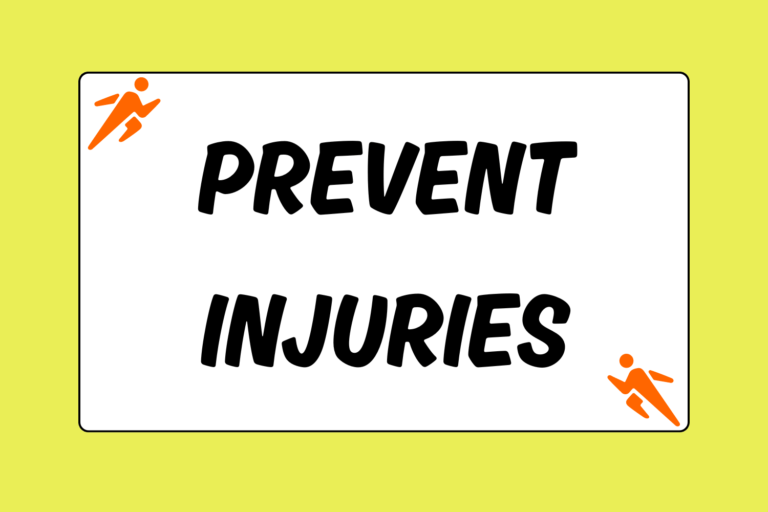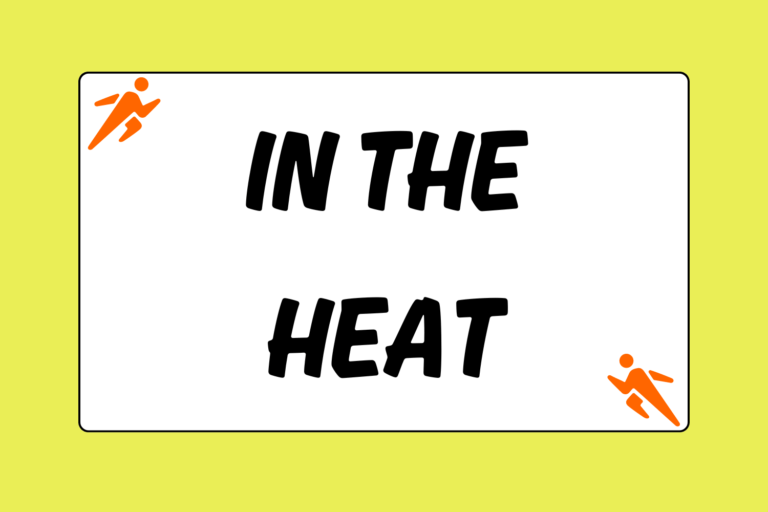Proper race-day nutrition takes a lot of planning and a little bit of trial and error. You have to be aware of what, how much, and when you eat, knowing that within a few hours you will be pushing yourself—and your stomach—to the limits.
Most road races occur in the early morning. This is good news for two reasons: your stomach will be naturally undisturbed from a night of good digestion; and you will only have to worry about getting in one meal before the race. So while you may dread that 6:00 am wakeup call, take solace in the fact that your stomach will be a lot more at ease.
If the race is later in the day, as most track events tend to be, your stomach has a bit more time to unsettle. But with the right planning, the perfect combination of fuel and comfort should be easy to find.
Here are some go-to tips for race-day nutrition:
1. DO Eat
Runners should eat 150-300 calories, two to four hours before their race. This will keep your blood sugar levels steady and replenish depleted glycogen stores. Too many runners think that they can’t handle food before a morning race (or after lunch for an evening competition), and get to the start line already running on empty.
Test your pre-race meal in training before your morning runs or afternoon workouts. If your stomach can handle specific foods before workouts, there is no reason they won’t work before a race.
2. Choose the Right Food
Choose food that is easy on your stomach and readily digestible. It should have a balance of simple and complex carbohydrates, which will keep your blood sugars stable while still providing a subtle, quick energy boost.
Some good examples of good pre-race food are:
- Instant oatmeal: This can be made easily in your hotel room, using the water from the coffee maker.
- Yogurt and cereal: The dairy in the yogurt shouldn’t be a problem, nor should the relatively minimal fiber in a small portion of cereal.
- Energy bar and banana: Make sure you choose an energy bar, not a meal replacement bar which will have too much protein and too many calories to be useful.
- Toast and peanut butter: This will provide just a bit of protein to go with the easily-accessible carbohydrates found in toast.
3. Cut Back on Fiber
Avoid beans, bran, nuts, fruit (dried or raw), and vegetables the day of a race. The same reason a high fiber diet is normally important—for gastrointestinal and digestive health—is the same reason those foods should be avoided before a big race. Your GI-tract can clean itself out another day!
4. Avoid Food High in Protein or Fat
Foods that are high in protein and fat linger in the stomach for longer and are more difficult to digest, which can create discomfort during the races (and in life).
Fun Fact:
Many runners are superstitious with regards to their race-day eating routine—they simply can’t compete without the same snack they had prior to that one great race 10 years ago; some even avoid entire food categories because of its relation to a particularly memorable bout of intestinal anguish.
Peculiar consumption habits run the gamut from eating only one specific kind of energy bar, to eating gummy bears 30 minutes before the gun, to refusing to consume anything brown throughout the entire day.
5. Don’t Over-Hydrate
Drink 16-32 ounces of water or energy drink with your pre-race meal or as soon as you get up in the morning before a race. Keep sipping small amounts of water until the gun goes off, but make sure you don’t overdo it. Over-hydrating can sap your body of much needed minerals and electrolytes, while at the same time, providing a bit too much liquid for your stomach to properly absorb.
Top it Off
Race day is not the time to indulge, but you still have to get enough fuel to top off your energy reserves for the competition. Find the balance that works for you. It may take a little bit of experimenting—and even some superstition—but the tips above should point you in the right direction.





